Celebrating Excellence in Sustainability and Design
PSI Academy Awards
The PSI Academy Awards will be presented for the first time in 2025. They recognise the best practices of suppliers, distributors & agencies as well as industrial and commercial customers in the sector.
Entries for the 2025 Awards are open until 25th July 2025. >> To the registration.
The PSI Academy Conference offers various coordinated learning modules to support companies with the challenges of sustainable transformation.
Overview
The new industry award will honor particularly sustainable products, companies, and newcomers in the promotional products industry. The PSI Academy Awards will go beyond the previous PSI Sustainability Awards in content and ambition by documenting and recognizing developments and progress. The new format is designed as both an incentive and inspiration for the entire promotional products industry.
>> Download Award Factsheet
BENEFITS
- via the social media channels of PSI and the PSI Academy partners
- Publications with selected media partners
- Press kit for all nominees and winners
CATEGORIES
Entries for the PSI Academy Awards can be submitted in the following categories:
For Suppliers:
- Product of the Year in the product categories:
- Apparel & Textiles
- Electronics & Multimedia
- Lifestyle & Accessories
- School & Office Supplies
- Bags, Luggage & Travel
- Special Prices*
- Company of the Year
- Newcomer of the Year**
- Campaign of the Year
- Special Prices*
- Company of the Year
- Newcomer of the Year**
- Campaign of the Year
- Special Prices*
- Company of the Year
Would you like to suggest a partner or a customer for a nomination? Send us your suggestion with reasons via: psi-academy@rxglobal.com * Nominations for the special awards are made by the jury.
** Newcomers are companies that are less than 2 years old at the time of submission.
Contact
Do you have any general questions about the application? Please feel free to contact us by mail awards@psi-academy.com, or by phone +49 30 35527221
Award Process
25th July 2025 Application deadline PSI Academy Awards >> To the registration
By the end of July 2025 Review and evaluation of the applications through the Jury
7th August 2025 Announcement of nominees through expert Jury and communication through PSI Academy and partner channels
11th September 2025 Awarding of the PSI Academy Awards at the Gürzenich Köln
Martinstraße 29-37, 50667 Köln
A call-off contingent is available for hotel bookings at the Dorint Hotel am Heumarkt.
This is available until 11th August 2025 under the keyword ‘PSI Academy Awards’.
To express a reservation, please use the address reservierung.koeln-heumarkt@dorint.com or the telephone number +49221 2848911
Fees
Participation fees for the PSI Academy Awards:
For suppliers and distributors (including 1 Night ticket):
For newcomers (including 1 Night ticket):
For non-PSI members: First submission 1.450 Euro II Second and third submission 800 Euro II Each further submission 400 Euro.
Companies younger than 2 years at the time of submission are considered newcomers.
The Jury
The submission process is carried out and accompanied by our neutral partner Green Product Awards.
The subsequent evaluation of submissions takes place through an international neutral jury of experienced experts will assess the submissions with their expertise and evaluate them based on the criteria to determine the winners. The jury not only nominates and determines the winners but also provides transparent feedback on the evaluation to participants.
European Associations Cooperation | Chairman of the Board
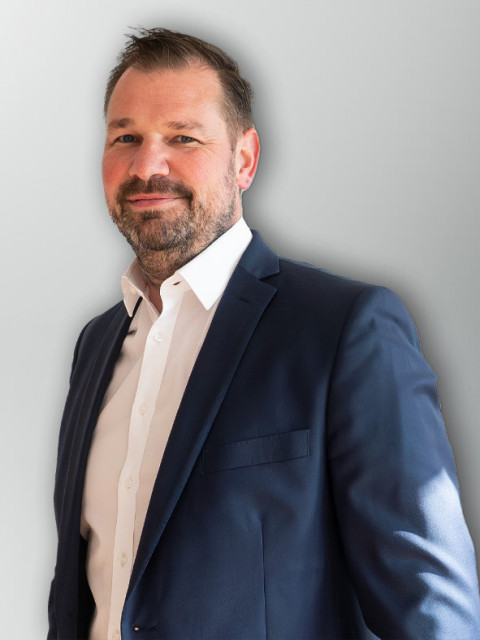
Steven Baumgaertner is an entrepreneur and expert in brand communication, sales, and tactile marketing. In 1994, he founded cyber-Wear together with Roman Weiss in his parents' basement – with 346 Deutsche Marks, a fax machine, and an Atari computer. Today, the company is the international market leader in sustainable corporate merchandise. As CEO, he relies on multisensory brand strategies and develops innovative branding concepts with global companies. He is also actively involved in industry associations promoting sustainable marketing and appears as a TV and podcast host, where he discusses trends and best practices.
Lund University, Sweden

Claus-Christian Eckhardt was appointed in 2001 as professor and director of Lund University School of Industrial Design in Sweden. He studied industrial design at the Braunschweig University of Art. After graduating, he worked for Silvestrin Design, Blaupunkt and Bosch, where later he became head of design. He led the design activities of Tenovis and Avaya. He also a freelance designer since 2000.
PSI
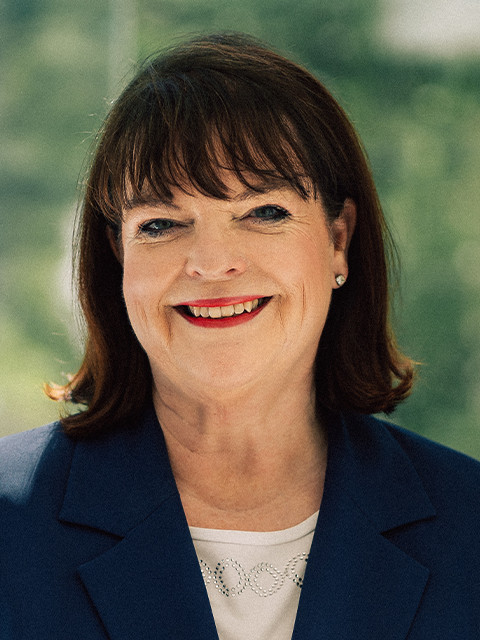
As a long-standing executive in the promotional products industry, Petra Lassahn brings with her in-depth expertise and a passion for sustainable innovation. Her commitment sets clear priorities: for her, the highest quality, sustainable design and responsibility towards the environment and society are inextricably linked. Her strategic vision and expertise lend depth and trust to the jury's work – and make her the ideal person to recognise the most inspiring contributions to sustainability and excellent design.
Avocadostore
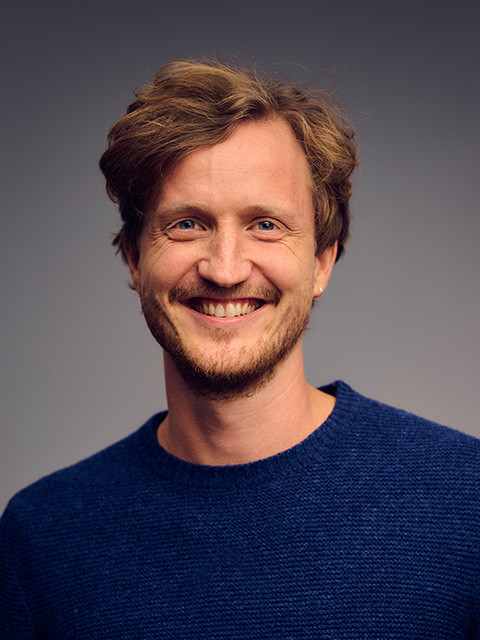
Johannes Hilla has been the Sustainability Manager at Avocado Store GmbH since 2022, a leading online marketplace for sustainable products. In this role, he is responsible for evaluating brands and products in terms of their sustainability, further developing sustainability criteria, as well as overseeing internal sustainability management and sustainability communication.
Johannes holds a Bachelor's degree in Sports Economics and a Master's degree in International Economics and Governance from the University of Bayreuth. His approach to sustainability is based on the conviction that sustainability is a continuous process that encompasses many facets.
LUWE GmbH
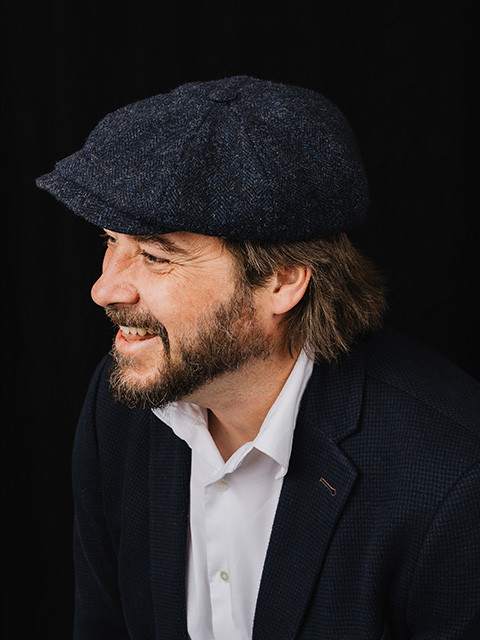
Sven Fischer is a sustainability consultant and, together with Stephan Ley, managing partner of LUWE GmbH / Gesellschaft für regeneratives Wirtschaften. He and his team advise medium-sized companies and institutions in the areas of sustainability strategy development, circular economy, sustainable product development and CSRD and VSME reporting. He also conducts research into systemic social issues and sustainable AI, is politically active and is involved in other association and jury activities, such as the Deutscher Nachhaltigkeitspreis (German Sustainability Award).
Brax Leineweber
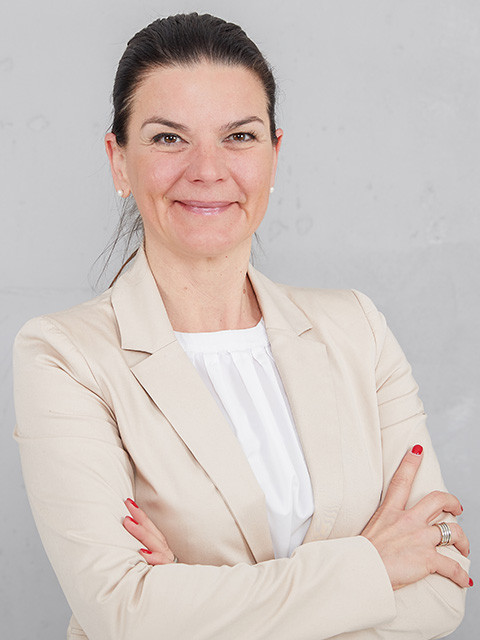
Tanja Kliewe-Meyer is an expert in sustainability with a special focus on the textile industry. As an experienced strategist, she develops forward-looking concepts for sustainable supply chains and recyclable materials. Her in-depth knowledge of the industry, coupled with a clear eye for realisable innovations, makes her a sought-after voice for transformation in the fashion and textile sector. She brings in-depth expertise and authentic commitment to the jury's work.
green Lifestyle
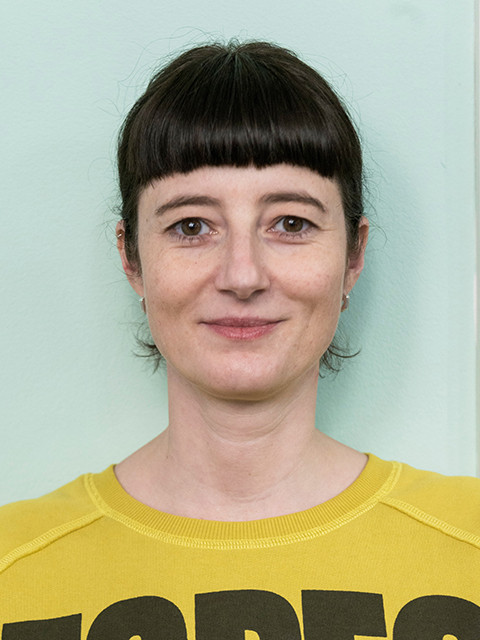
Petra Schmatz studied political science in combination with economics and law at the University of Passau. After graduating, she joined AVR Verlag in Munich in 2004 and has since been writing passionately in various departments for its magazines. As a Bavarian child from the countryside, Petra Schmatz is privately very committed to a sustainable lifestyle. That's why she finds her work as editorial director at green Lifestyle magazine a special highlight of her job and a personal enrichment. She sees tracking down green trends, news and innovations and reporting on them as a great opportunity to make the world a little bit better, bit by bit. In her editorial work, Petra Schmatz focuses primarily on the areas of eco-fair fashion and organic food & beverage.
HAMA GmbH Co KG
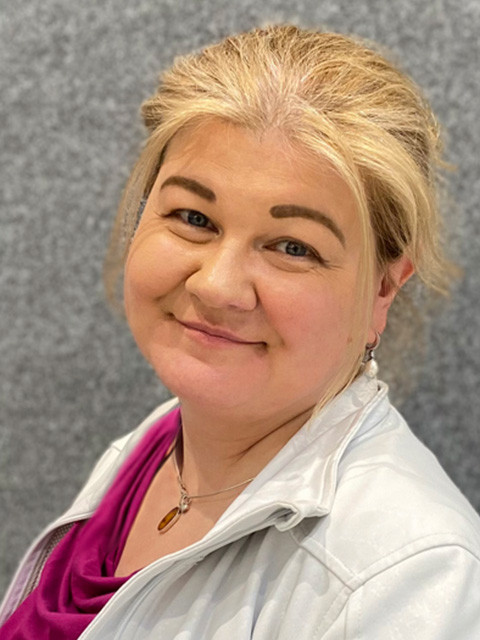
Lydia Junker is a designer of sustainable and innovative products at HAMA, a major retail company for accessories. Her career began in textile craftsmanship, where she earned her master craftsman title. In 2008, she graduated with a diploma in Industrial Design from the University of Applied Sciences in Pforzheim. Lydia has been working in product development at HAMA for over 15 years and is passionately committed to the needs of children, parents, and retailers. For her, sustainability, innovation, and quality are the three pillars of a successful product.
Green Product Award
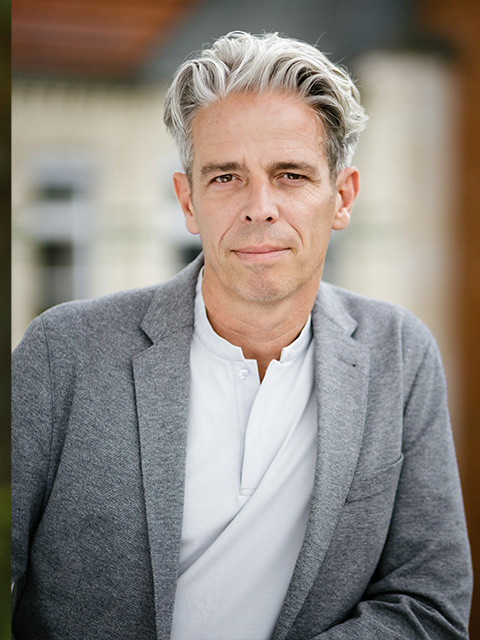
Nils Bader is Director of the international Green Product Award & Green Concept Awards and the Green Future Club. In this role Nils is responsible for partners, networking events, exhibitions and the development of sustainable showcases. As a consultant for sustainable transformation, he has been supporting companies, governmental institutions and educational institutions in the fields of innovation, strategy and sustainable business model design for more than 25 years.
Akademie für Textilveredlung
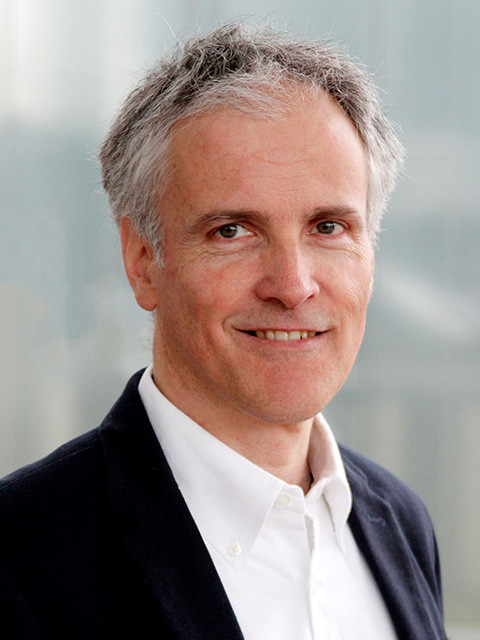
Stefan Roller-Aßfalg is Head of the Akademie für Textilveredlung and Managing Director of Aka Merch & Textil GmbH, based in Cologne. He is recognised as an expert and networker in the textile finishing market. From 1999 to 2016, he was editor-in-chief of the trade magazine ‘TVP Textilveredlung & Promotion’ (Gruber publishing house). With the ‘’Akademie für Textilveredlung‘’, Roller-Aßfalg has been creating training and further education courses for textile printing, embroidery, promotional textiles, corporate fashion, workwear, team sports, merchandising, machines and technology in cooperation with the textile finishing industry since autumn 2016.
CEO + Founder of The Circular Materials GmbH
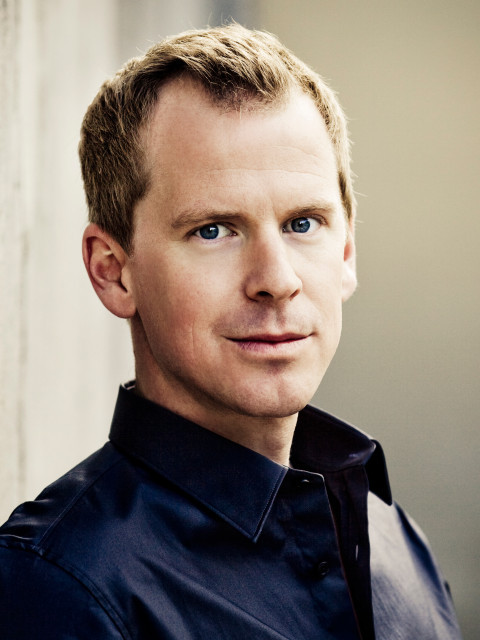
From 2005 to 2013, being a trained industrial mechanic played a key role in setting up and managing the German branch of Material ConneXion, an international product innovation company with virtual and physical material libraries. In 2013, Bleymehl founded his first own company, MRC - Materials Research & Consulting, which supports customers worldwide in the development of sustainable products for the circular economy. This was followed in 2019 by the founding of The Circular Materials GmbH, which specialises in the development and production of recycled materials. Since 2009, Bleymehl has been passing on his knowledge as a lecturer for ‘Material-related Product Design’ and ‘Design for Circularity’ at various German universities.
Touch Design Ltd.
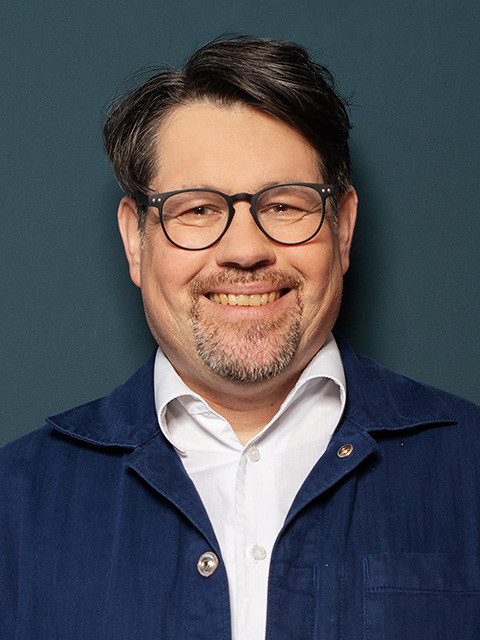
Uwe Melichar is an expert on circular packaging and design. With his company MELICHAR Bros. he develops solutions for clients around the globe. Before he founded the company he was managing partner at the design agency Factor where he realized packaging projects for adidas, Bosch, C&A, Huawei, MAM, Nestlé, Gardena, Omron, Miele and other clients. MELICHAR Bros. works for clients in Germany, Norway, Finland, Austria, the Netherlands, Switzerland and in the USA.From 2018 till 2022 he was president of the European Brand & Packaging Design Association and is now the epda vice-president.
Hochschule für Technik und Wirtschaft
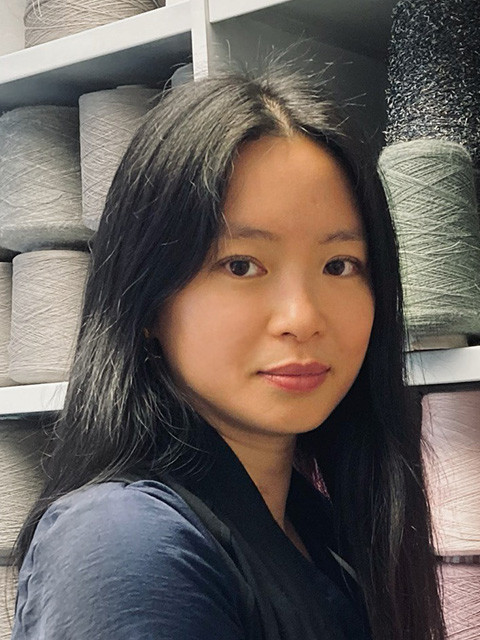
Head of the Knitting Lab at HTW Berlin, she combines textile innovation with sustainable production. Her research on circular material systems makes her a driving force for a resource-efficient textile future within the jury.
The Criteria
The evaluation of submissions via the ‘Apply Now’ button and the determination of winners are based on overarching and specialized criteria. The submission is deliberately carried out through a neutral partner. After an initial review, the submitting companies receive interim feedback for optimization. This process is carried out and accompanied by our neutral partner Green Product Awards.
To optimally prepare a submission, we recommend that suppliers use the submission assistant for products, and retails & agencies and industrial and commercial clients use the submission assistant for campaigns as a basis. This includes both formal requirements and details about the criteria used by the jury to evaluate submissions.
Overall rating
Approach
The originality, reproducibility and credibility are assessed.
Elaboration
Evaluated are the complexity of the analysis, the quality of the preparation and the way of implementation.
Impact
Positive impact on the environment and society
Subject-specific reviews for products
Design
This is about the design as an overall approach with the following criteria: aesthetics, user-friendly functionality, economic and ecological constructions, possibly the interaction of product and packaging. The quality of communication with the consumer about sustainability is also considered.
Sustainability
The fulfilment of a number of aspects that we believe are also relevant for sustainable projects can be found in the specialist areas of design and product compliance. We have refrained from repeating these here.
Product Compliance
The award-winning products must fulfil high standards of environmental and social responsibility while offering exceptional functionality and user satisfaction.
Usage of Promotional Goods
Promotional items are assessed for their practicality, quality, brand alignment, target audience relevance, and cost-effectiveness to ensure maximum impact and value.
Subject-specific reviews for campaigns
Achieved Marketing Value
The effectiveness and success of the campaign in relation to the marketing objectives set.
Implemented Measures
The quality and implementation of marketing activities and strategies.
Positive impact on the environment and society
The sustainability and social responsibility of the campaign.
